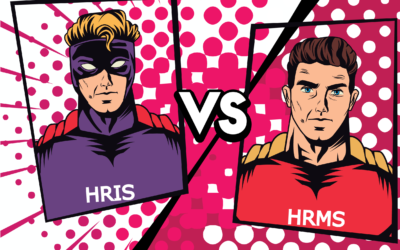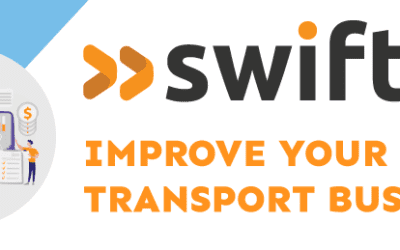HRIS or HRMS
Key differences for a wise decision
HRIS (Human Resource Information System) and HRMS (Human Resource Management System) are both software solutions used by organizations to manage their human resources. While they share some similarities and often overlap in functionality, there are distinct differences between the two:
- Scope and Functionality:
HRIS (Human Resource Information System): HRIS primarily focuses on the storage, retrieval and management of HR-related data and information. It includes functionalities such as employee records, payroll processing, time and attendance tracking and benefits administration. HRIS is essentially an information database and reporting tool.
HRMS (Human Resource Management System): HRMS encompasses a broader range of HR functions. In addition to the features of an HRIS, HRMS includes modules for HR processes such as recruitment, talent management, performance management, training and development and workforce planning. HRMS typically offers more comprehensive HR management capabilities.
- Data vs. Process Orientation:
HRIS: HRIS is primarily data oriented. It focuses on collecting, storing and organizing HR data, making it accessible for reporting and analysis. While it can support some HR processes, its main strength lies in data management.
HRMS: HRMS is process oriented. It not only manages HR data but also automates and streamlines HR processes. HRMS systems often include workflow automation, allowing HR professionals to manage recruitment, performance reviews and other HR activities more efficiently.
- Integration:
HRIS: HRIS systems may be standalone applications or have limited integration capabilities. They are often used for specific HR functions and integration with other business systems can be challenging.
HRMS: This system is designed with integration in mind. They often have modules that can seamlessly integrate with other business software, such as accounting, ERP (Enterprise Resource Planning), and CRM (Customer Relationship Management) systems. This integration supports a more holistic view of an organization’s data and processes.
- Strategic vs. Administrative Focus:
HRIS: More administrative in nature, primarily dealing with transactional HR tasks such as payroll processing, employee record-keeping and benefits administration. It is less likely to support strategic HR initiatives.
HRMS: With its broader range of functionalities, it is often aligned with strategic HR goals. This system assists in talent acquisition, development, and retention, facilitating strategic HR planning and decision-making.
- Employee Self-Service (ESS):
HRIS: Some HRIS systems may offer basic employee self-service features such as access to pay stubs or leave requests. However, these capabilities may be limited compared to HRMS.
HRMS: Typically includes robust employee self-service portals, allowing employees to access and update their personal information, request time off, view training opportunities and participate in performance evaluations.
- Reporting and Analytics:
HRIS: Well-suited for basic reporting and data analysis. They provide HR professionals with essential data for compliance reporting and operational insights.
HRMS: Often offers advanced reporting and analytics tools. It enables organizations to generate in-depth reports on various HR metrics, analyze trends and gain insights into workforce performance and planning.
So, Functionalities, Orientation, Integration, Focus, Analytics – these are all especially important areas where companies should get informed and choose which way to go.
VinetoHR is a solution that makes things easier because it is the perfect mix of both HRIS and HRMS worlds. With VinetoHR you are getting THE COMPLETE HR SOLUTION!

Are you ready to unlock the full potential of your company?
Contact us to learn more about what vinetoHR can do for you today.







